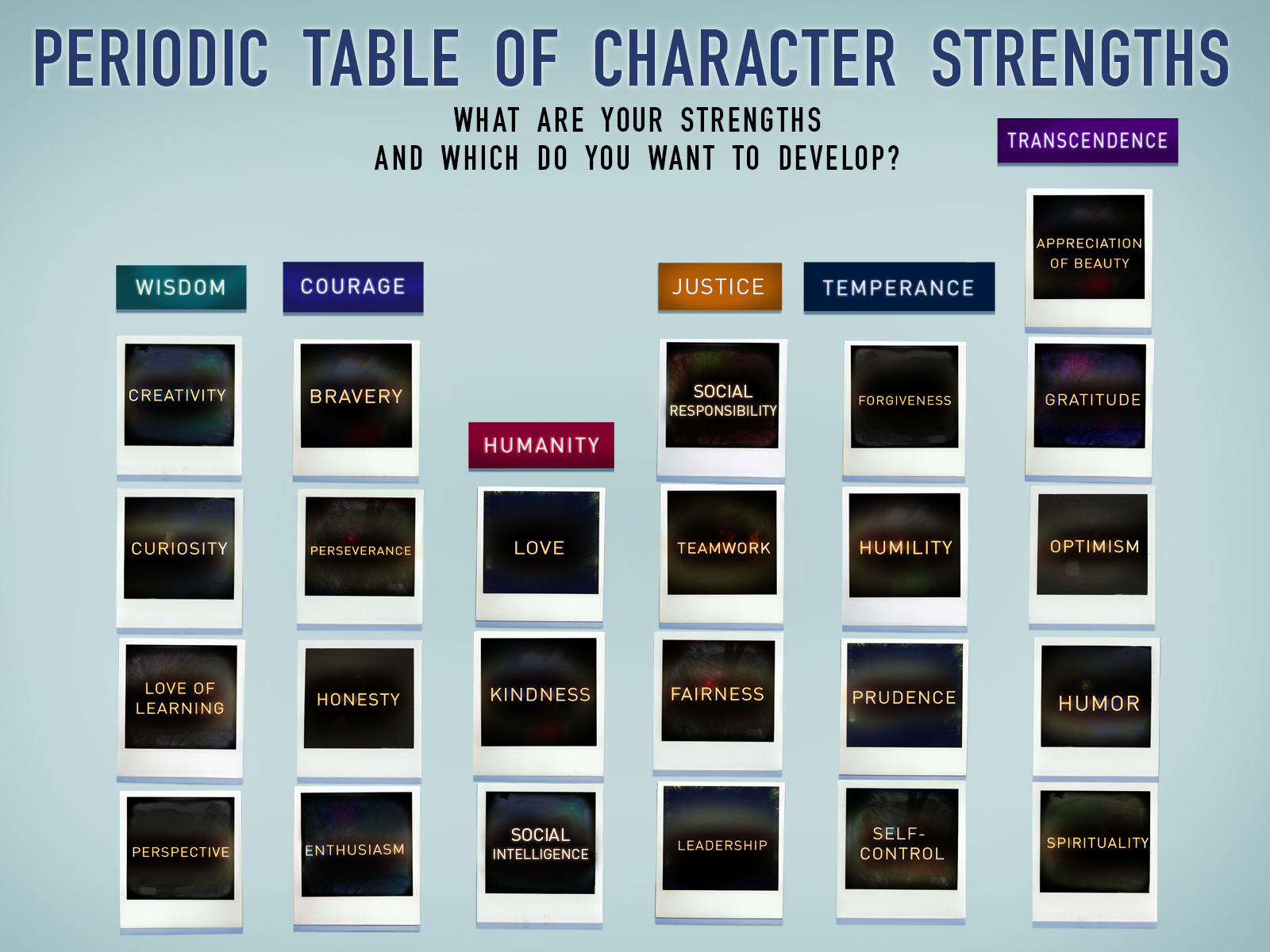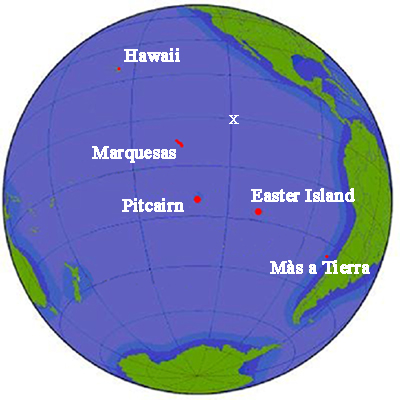https://youtube.com/watch?v=Z7dLU6fk9QY%3Fenablejsapi%3D1%26wmode%3Dtransparent%26rel%3D0%26showinfo%3D0
This Tuesday evening-Wednesday, June 3-4, the counting of the Omer concludes and Shavuot arrives with our Shavuot Night of Study (7pm). For all of you who have been counting the Omer with us, or tuning in for some of the experience, this is a wonderful time to reflect. What has it meant to turn back to the liberation story of Pesach, to look forward to the revelation story of Shavuot, and to consider on each day, the present moment where you stand?
Judaism offers a great many opportunities to pay attention to the present moment. Some would say that such taking notice is the primary purpose for Jewish ritual. Ritual stops us in our tracks, helps us to notice the bread we are about to eat, the Sabbath about to arrive, the Ten Commandments we are about to embrace. Without ritual we are at risk of inhaling bread, moving into Friday evening, returning from work on June 3, without noticing.
As we celebrate the revelation at Mt. Sinai, consider Exodus 24:12: “Moses went up the mountain and he was there.” A Hasidic teacher notices: “This seems redundant: if Moses went up to the mountain, of course he would be there. However, this is proof that a person can exert tremendous effort to reach the top of a mountain, yet without being there. He may be standing on the mountain, but his head may be elsewhere. The main thing is not the ascent but being there, and only there, and not to be below at the same time.”Continue reading



